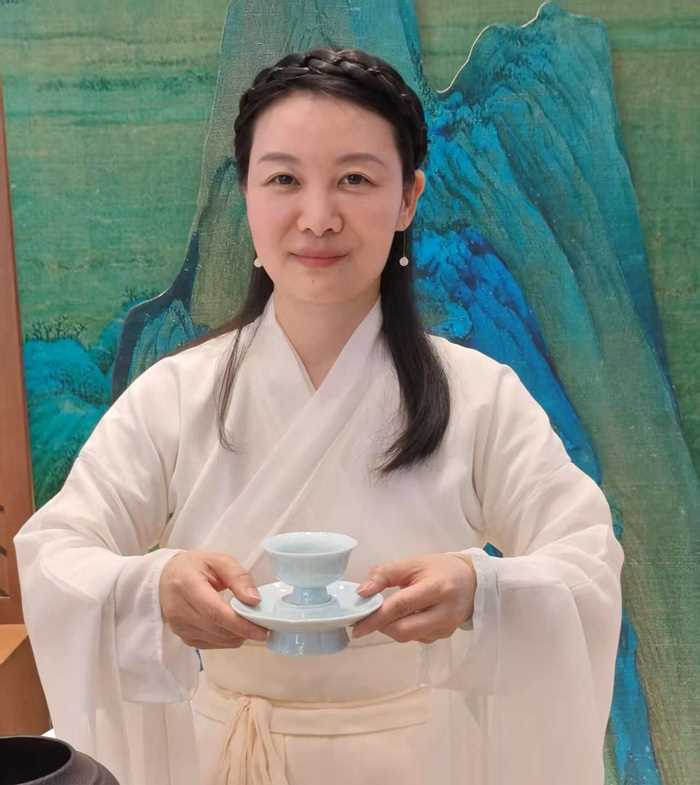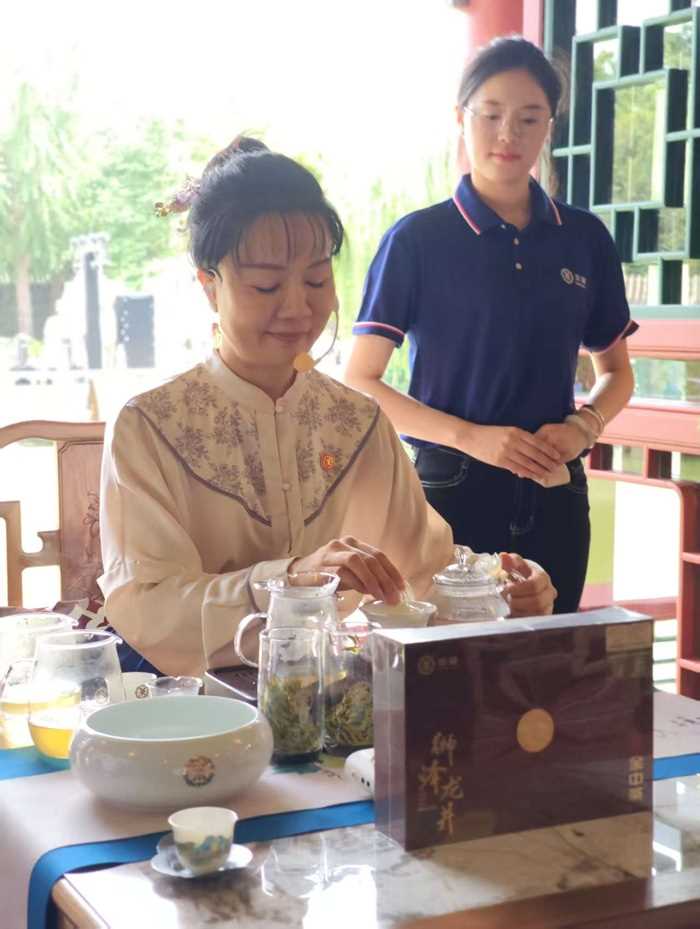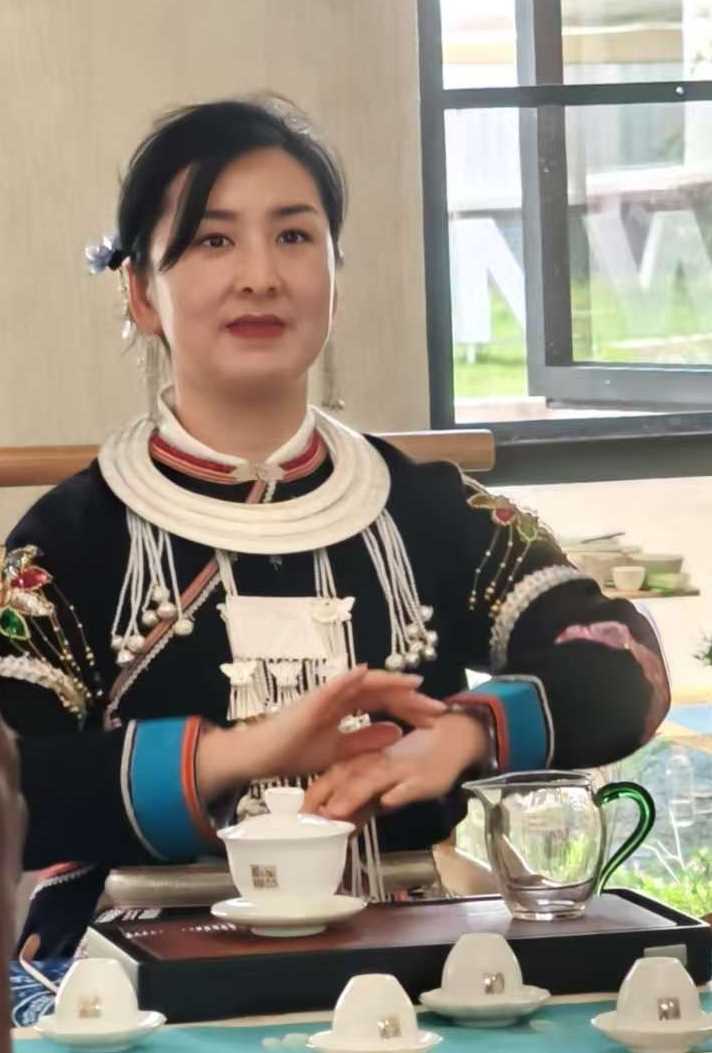Written on the occasion of the Tea Festival held in the last week of May 2025, in Beijing

Andom Abraha
At dawn in a Beijing tea house, as steam rises in spirals from a porcelain cup, the aroma of jasmine and history mingles in the air. Here, one finds not only the heartbeat of Chinese culture but also a subtle metaphor for the very way China approaches the world — slowly, methodically, patiently.
Tea, in China, is not simply consumed. It is composed. Each pour, each pause, is a gesture of respect. In the same way, China’s politics — whether in diplomacy, development, or defense — flow not in bursts, but in slow, deliberate infusions.
The Political Gongfu of a Nation
Just as the Gongfu tea ceremony demands stillness and focus, China's political strategies often unfold with long horizons and quiet resilience. In negotiations, as in brewing, timing is everything. Agreements are steeped, not stirred. Relationships are cultivated, not imposed.
This is no accident.
From Confucian ethics to Daoist balance, Chinese governance draws from the same philosophies that shaped its tea rituals. Harmony (hé), patience (rěn), and mutual respect underpin both its foreign policy and its tea etiquette.
Where Western diplomacy can be transactional — like coffee, fast and strong — China’s engagements are infusional, long-simmered. Whether through the Belt and Road Initiative or decades-long relationships in Africa via FOCAC, China does not rush its brew.

Aroma as Presence: China’s Silent Influence
Tea fills the room not with noise, but with presence — its aroma announcing itself without a word. Similarly, China often moves not with fanfare, but with quiet certainty. Infrastructure is laid. Confucius Institutes open. Economic ties deepen. Presence expands.
This is not hegemony. It is infusion.
Where others shout, China steeps.
Related Stories
Ritual and Renewal: Tea and the State
In ancient temples, monks whispered “chá chán yī”“ wèi”—“tea and Zen, one flavor.” Today, in Great Hall meetings and quiet party conclaves, that same philosophy seems to echo. Chinese political culture is often misread as opaque or rigid. But look closely, and it reveals the same flexibility as a teapot — sturdy, yes, but shaped to hold fluidity.
And just as tea ceremonies adapt to Tang, Ming, or modern sensibilities, so too does China’s governance evolve — from Maoist collectivism to Dengist pragmatism to Xi’s vision of a “community with a shared future for mankind.” The essence remains: continuity through change, aroma through time.

The Last Sip
A Chinese saying goes, “Drinking tea is like watching the clouds — slow, quiet, and full of meaning.”
So too with China's rise.
To misunderstand China is to gulp the tea — too fast to taste it. But to sit with it, patiently, is to understand a civilization that values subtlety over spectacle, long vision over short gain, and atmosphere over aggression.
As in its teahouses, China’s soul is not shouted. It is steeped.
And those who listen closely — like those who sip slowly — will find that every cup and every policy tells a story.
The author is an Eritrean journalist, writer, political analyst




















Leave Comments